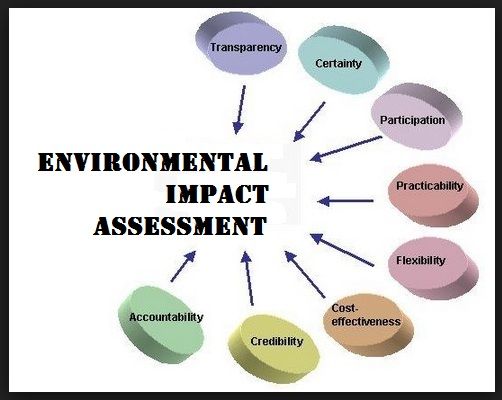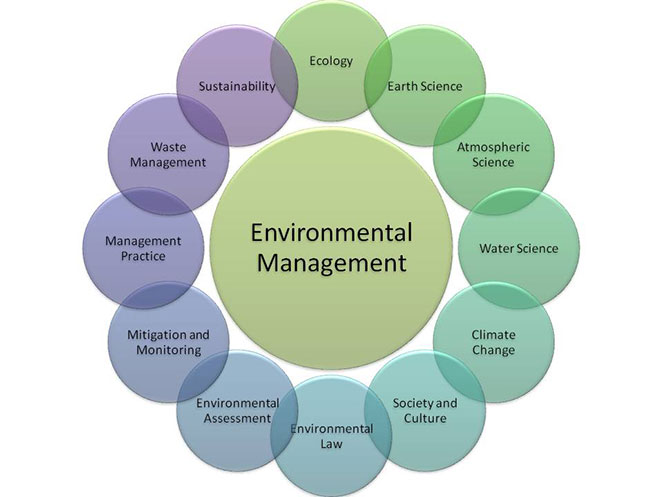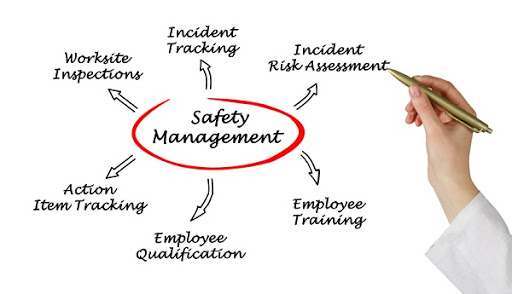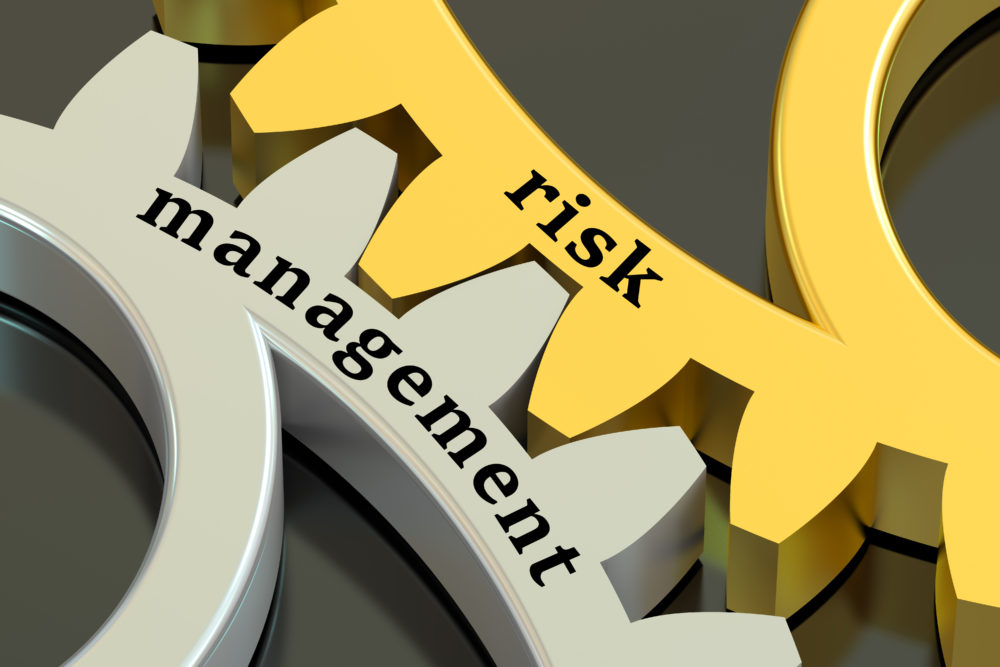

This course is designed for developers, policymakers, project managers and engineers, executive project control personnel. Also, consultants whose primary responsibilities are in planning, supervising and executing major projects will gain insights into the nature and challenges of environment preserve and adverse impact assessment.
This interactive Training will be highly interactive, with opportunities to advance your opinions and ideas and will include;
Day 1:
|
0800 - 0830 |
Registration & Coffee |
|
0830 - 0845 |
Welcome |
|
0845 – 1030 |
Introduction: · Definitions, concepts and objectives · Origins of EIA · Valuing the environment and justification for EIA |
|
1030 - 1045 |
Break |
|
1045 – 1230 |
· Related Laws and Decrees · International Conventions · Political, social, institutional and economical frameworks |
|
1230 - 1245 |
Break & Praying Time |
|
1245 - 0200 |
· Building institutional capacity · Group discussion |
|
0020 - 0300 |
Lunch & end of the day |
Day 2
|
0800 - 0815 |
Tea & Coffee |
|
0815 - 1030 |
EIA Process I: · Resources · Screening · Project Criteria · Sensitive area criteria |
|
1030 -1045 |
Break |
|
1045 – 1230 |
· Scoping · Baseline setting · Without project description |
|
1230 - 1245 |
Break & Praying Time |
|
1245 - 0200 |
· With project description · Group discussion |
|
0020 - 0300 |
Lunch & end of the day |
Day3:
|
0800 - 0815 |
Tea & Coffee Break |
|
0815 - 1030 |
EIA Process II:
|
|
1030 -1045 |
Break |
|
1045 – 1230 |
|
|
1230 - 1245 |
Break & Praying Time |
|
1245 - 0200 |
|
|
0020 - 0300 |
Lunch & end of the day |
Day 4:
|
0800 - 0815 |
Tea & Coffee |
|
0815 - 1030 |
Management, monitoring and auditing :
|
|
1030 -1045 |
Break |
|
1045 – 1230 |
|
|
1230 - 1245 |
Break & Praying Time |
|
1245 - 0200 |
|
|
0020 - 0300 |
Lunch & end of the day |
Day 5
|
0800 - 0815 |
Tea & Coffee |
|
0815 - 1030 |
EIA Techniques:
|
|
1030 -1045 |
Break |
|
1045 – 1230 |
|
|
1230 - 1245 |
Break & Praying Time |
|
1245 - 0200 |
|
|
0200 - 0230 |
|
|
0230 |
Lunch |
CDGA attendance certificate will be issued to all attendees completing minimum of 75% of the total course duration.
| Code | Date | Venue | Fees | Register |
|---|---|---|---|---|
| HSE223-01 | 23-03-2026 | London | USD 6950 | |
| HSE223-02 | 15-06-2026 | Kuala-Lumpur | USD 5950 | |
| HSE223-03 | 20-09-2026 | Dubai | USD 5450 | |
| HSE223-04 | 13-12-2026 | Amman | USD 5450 |

Improving Environmental Performance starts by environmental impact assessment of the organization to include air, industrial and water waste, noise, and the effect of the day to day activities on the ...

This course is designed to provide the participants with the due knowledge and skills that enable them to practice a comprehensive Environmental Safety Management plan in order to conserve environment ...

Managing risk is increasingly being recognized as a critical management skill. Risk uncertainty, assessment, and management, when used correctly is a highly effective problem solving tool for line- m ...

As concern grows for continually improving the quality of the environment, organizations of all types and sizes are increasingly turning their attention to the environmental impacts of their activitie ...
Providing services with a high quality that are satisfying the requirements
Appling the specifications and legalizations to ensure the quality of service.
Best utilization of resources for continually improving the business activities.
CDGA keen to selects highly technical instructors based on professional field experience
Since CDGA was established, it considered a training partner for world class oil & gas institution
3012, Block 3, 30 Euro Business Park, Little Island, Co. Cork, T45 V220, Ireland
Mon to Fri 09:00 AM to 06:00 PM
Contact Us anytime!
Request Info